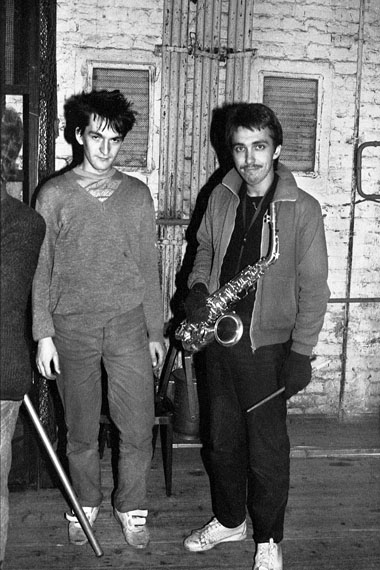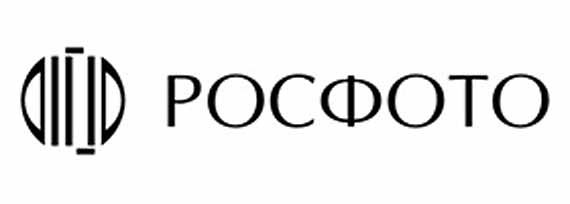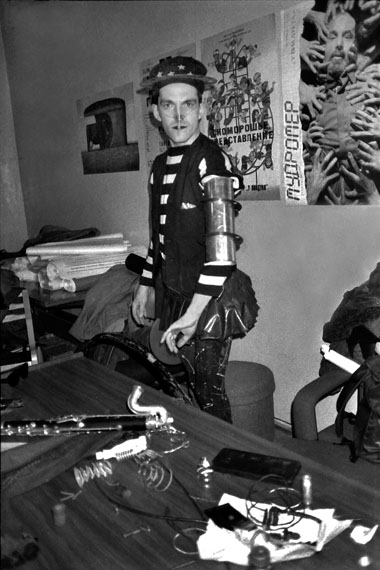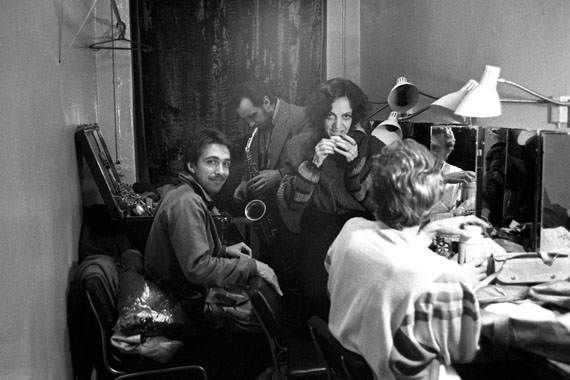
Alexander Zabrin »
People of Contemporary Art. 1985–1995
Exhibition: 25 Oct – 1 Dec 2013
Fri 25 Oct 18:00
ROSPHOTO. State Museum and Exhibition Centre for Photography
ul. Bolshaya Morskaya, 35
191186 Saint-Petersburg

The State Russian Museum and Exhibition Centre ROSPHOTO
ul. Bolshaya Morskaya, 35
191186 Saint-Petersburg
+7-812-3141214
office@rosphoto.org
www.rosphoto.org
daily 11-19, Tue, Thu 11-21

State Museum and Exhibition Centre for Photography ROSPHOTO
Ministry for Culture of the Russian Federation
Alexander Zabrin.
People of Contemporary Art. 1985–1995
25.10 – 01.12.2013
Opening: 25 October 2013 at 18.00
Front Building exhibition hall, 3 floor
This selection of Alexander Zabrin's photographs is the life chronicle of the artistic circles in 1980–1990s. It is dedicated to the time when art came out into the open and the notions of underground and non-conformism were replace with the term contemporary art.
These photographs are a unique opportunity to witness the life of that epoch and those who symbolized it: Konstantin Zvezdochotov, Sergey Kuryokhin, Vladislav Mamyshev-Monroe, Yuri Sobolev, Sergey Shutov, Mukhomori (Toadstools) and The World Champions art groups, musicologist Tatyana Didenko, artists Eduard Gorokhovsky, Dmitry Prigov, Timur Novikov, art critic Sergey Kuskov, to name a few.

"The interest of photographer Alexander Zabrin's to the life of Moscow (and somewhat Saint-Petersburg) art crowd was inspired by the memorable events that ushered in reforms of the 1980s. The powerful current of the growing counter-cultural movement attracted anything active and living. Being already known as the leading chronicler of Soviet jazz and therefore close to the underground art life, Zabrin easily switched to new themes, the more so since the protest potential of jazz music was in another crisis at the moment. The late 1980s was the time when, within the underground culture, all kinds of practices in music, art and theater easily merged and masterfully overcame any limitations. Many heroes of those years would not be able to define exactly who they were. An artist could be at the same time a poet, a musician would create paintings, a theater director could try himself as curator or a drummer. No one was limited to anything and no one wished to set any limits to himself. Feeling the feebleness of ideology (or maybe easily imposed to the system's simulation of feebleness), the new young culture was like a geyser that exploded the art world of the late empire, terrifying both the adherers of Social Realism and the elder generation of underground artists. Such was the reality of the epoch which Zabrin pointed his camera at. Although this is not the whole story. Zabrin was never just a passive onlooker, on the contrary, he became the insider of the art circle, friend to many artists and at times even their assistant and co-author."
Bogdan Mamonov
